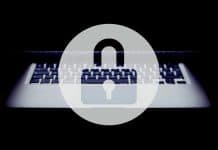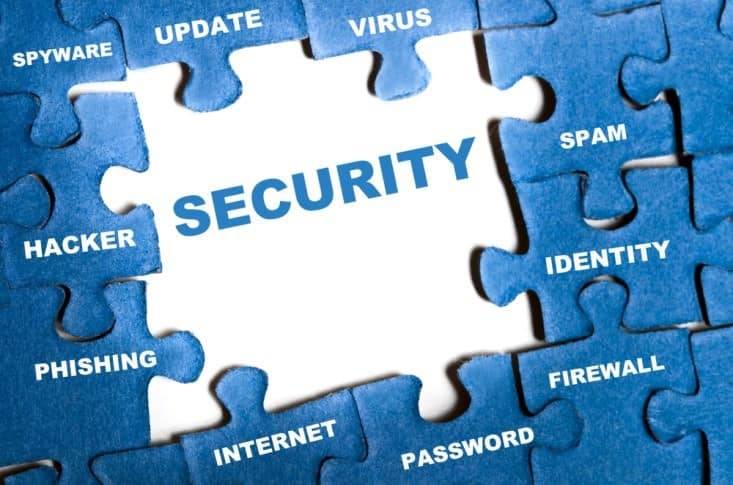When you’re working by yourself as a freelancer or other type of solopreneur, you need to become a “Jack” or “Jill” of all trades, and have to learn to juggle a wide variety of tasks on a daily basis. For many people, one of the things that tends to slip through the cracks because of time and financial pressures is digital security.
While it’s easy to keep putting off this topic when you have more pressing matters at hand, unfortunately in this tech-driven day and age when hackers are continually finding new ways to target people and businesses and the technology they use, it’s one you need to address ASAP.
After all, you don’t want to lose money, time, customers, credibility, trust, and more because you didn’t take a few steps to secure systems and data, do you? Sadly, with so much business value being transmitted and stored on technological devices or through the cloud now, your whole livelihood could be at risk if you don’t take the matter of security seriously.
Keep in mind that many of the strategies you can put in place to thwart hackers can be done quite simply, quickly, and affordably. Read on for some of the key things you can do today to protect your tech from cybercriminals.
Purchase Quality Security Software
Firstly, something that can make a huge difference to your digital security is having professional software installed on your internet-enabled devices. Comprehensive software can be purchased online or in brick-and-mortar stores for an affordable price, and can cover you against a variety of different threats.
When selecting security software, look for a product that will shield you from viruses, ransomware, spyware, spam, and other types of malware. This will ensure you are protected as much as possible. As you compare items, try to find one that is designed to maintain user privacy, guard against identity theft, block potentially harmful websites and phishing emails, and identify data-stealing apps.
It also pays to choose a product that will safeguard your personal details when you’re on social networking sites (these are prime hacker targets these days); and that has a password manager included so you can more easily keep track of different codes for your online accounts.
You can also protect yourself and your work by making sure your computers have firewalls installed on them. While many come with these lines of defense already installed on them, they won’t necessarily be activated. As such, check the settings on your devices to ensure that the firewalls are protecting you as they should.
Choose Hard-to-Hack Passwords
Another important thing that sounds simple but that, surprisingly, lots of business people don’t do is put hard-to-hack passwords in place. Strangely enough, lots of people still use generic passwords like “password” or “123456.” You’re just begging for a data breach with such an easy-to-guess password.
On top of avoiding these types of obvious passwords, you also need to make sure that your codes are different across your various devices and websites, so that if one gets compromised hackers won’t be able to get into everything.
As well, avoid using personally identifying information in your passwords. Hackers can often find references to this kind of information online, particularly on social media sites, so they can guess codes quickly and easily as a result. And choose codes that are at least eight characters long, and made up of a mixture of letters (upper case and lower case), symbols, and numbers.
Use Online Tech Support Services
Lastly, keep in mind that to keep your important work and client details safe from prying eyes, you can also utilize online tech support for assistance. Whether you pay for on-demand help throughout the year or a one-off consultation, speaking with experts can help keep your security tight in a variety of helpful ways.
For example, you can get a tech support person to help examine your current security setup and offer how best to make your system more protected from hackers. They can also assist in removing viruses and malware, properly configure your Wi-Fi network, keep your security programs up to date, and more.
As well, it pays to engage an expert to set up a back-up system for all of your data, so that if you ever get compromised by a hacker, you won’t lose all of your important work or contacts.

















